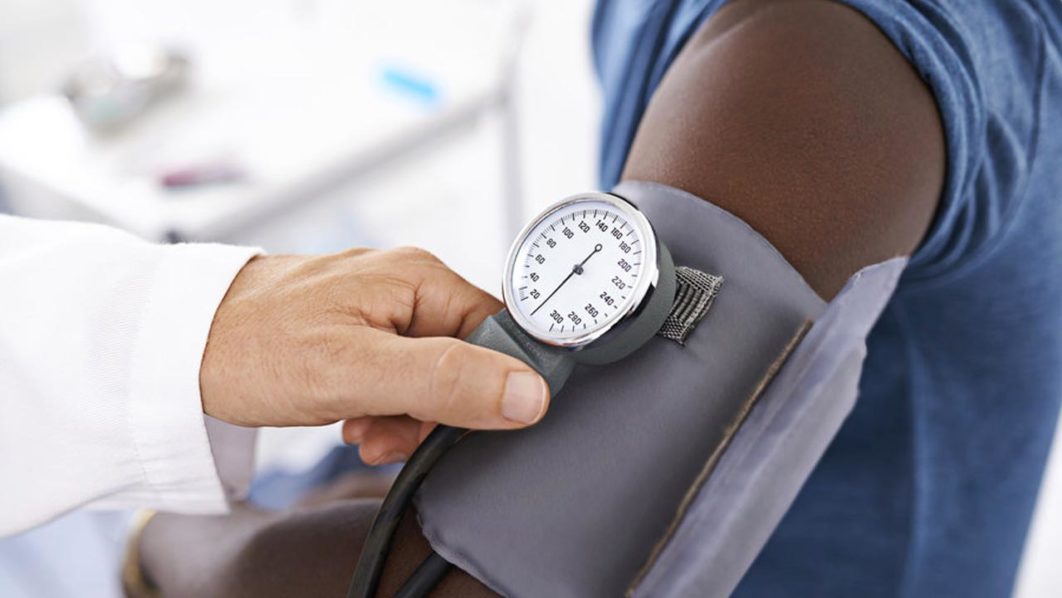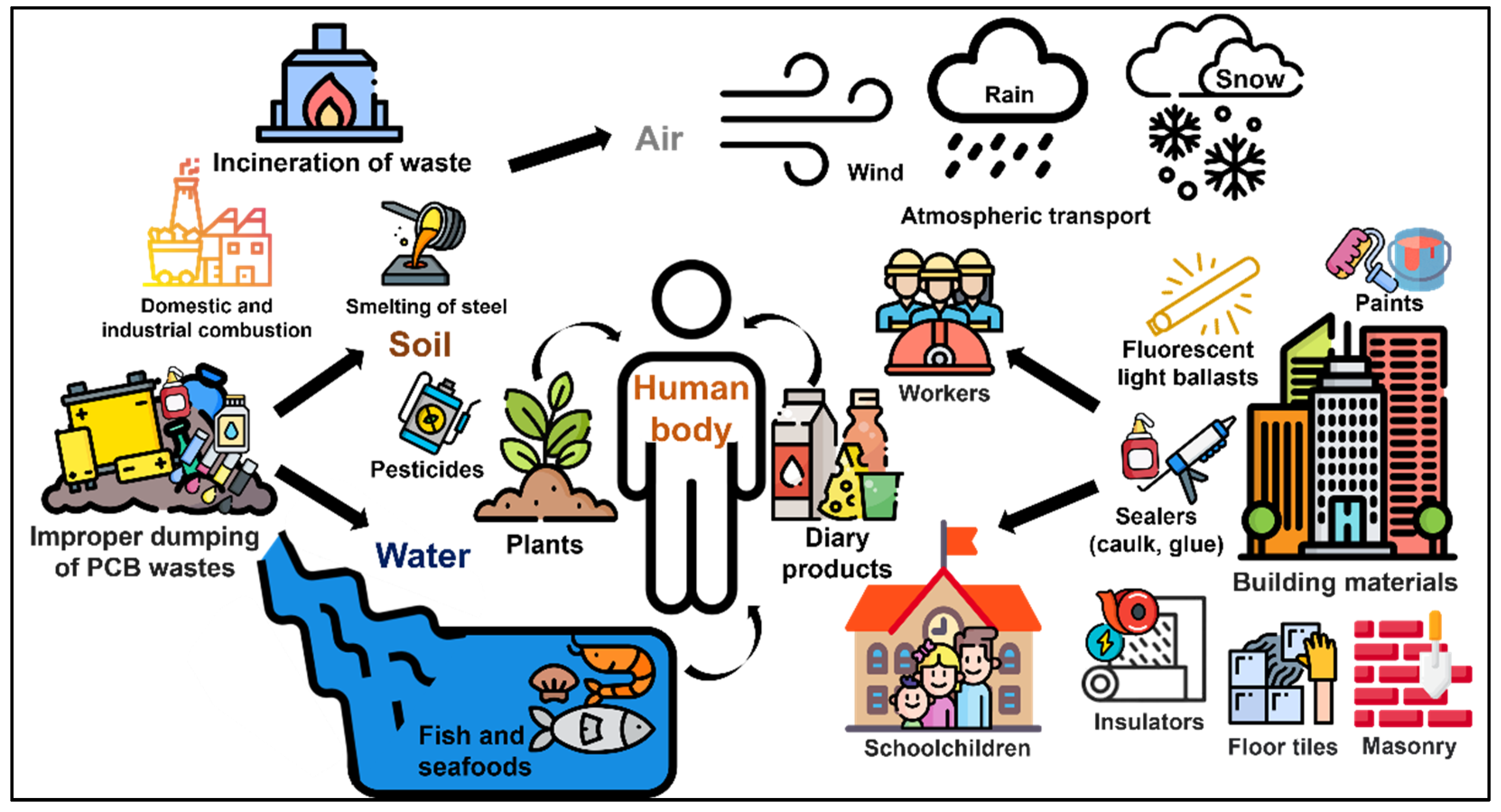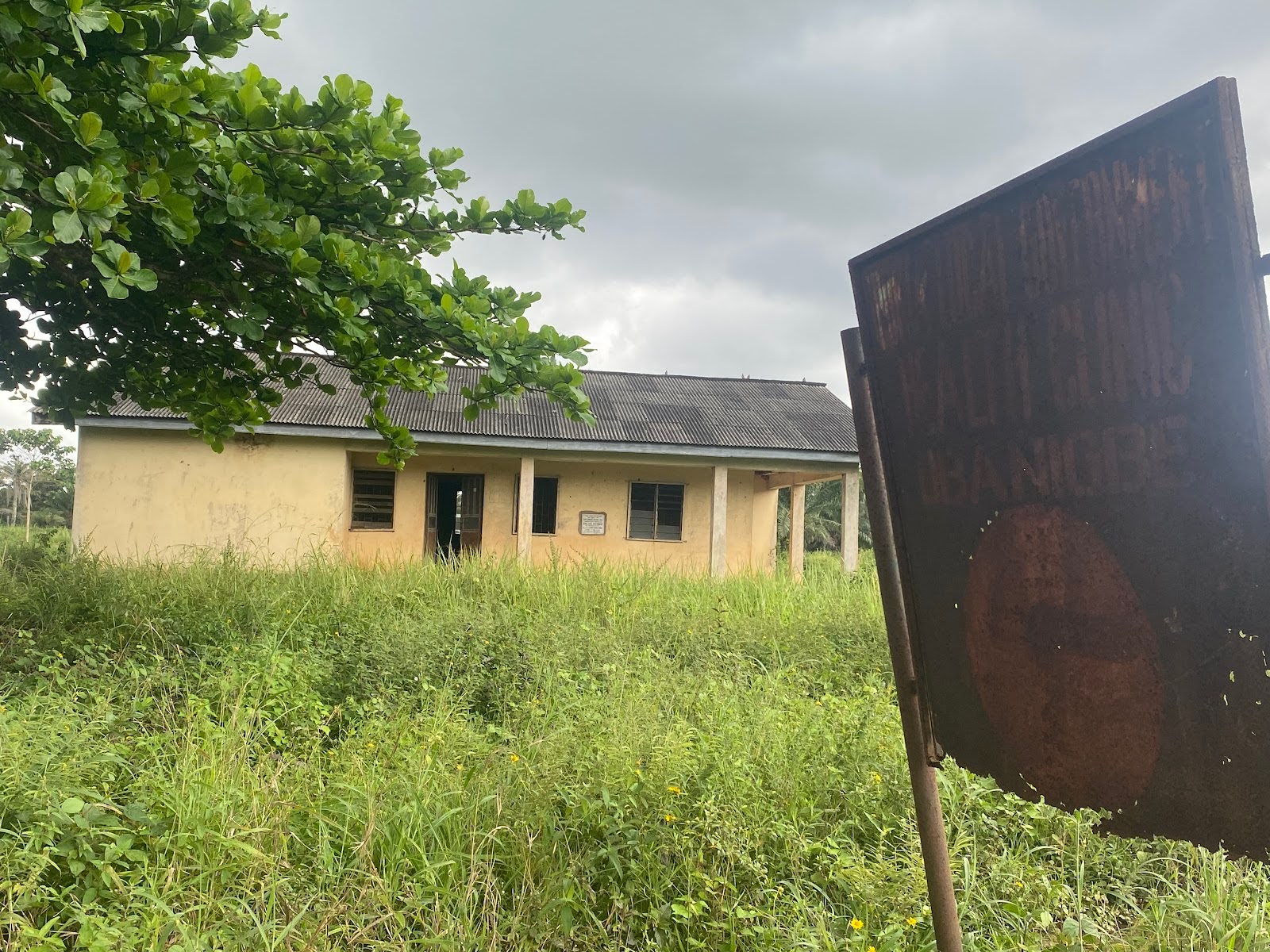
Medical experts warn of looming hypertension crisis in Nigeria, urge govt action
Medical professionals have called on the government immediate attention to address the alarming rate of hypertension in Nigeria to prevent a looming public health crisis.
They said the low treatment and control rates of hypertension in Nigeria underscores the urgent need for improved healthcare infrastructure, greater health insurance coverage, and targeted public health campaigns to increase awareness and accessibility to treatment.
They gave the submission yesterday at the Nigerian Hypertension Society 24th Annual General Meeting and Scientific Conference (EKO 2024) with the theme, ‘Management of Hypertension in a Depressed Economy’ and subtheme, ‘Hypertension in Children.’ held at the Lagos State University Teaching Hospital (LASUTH).
The Lagos State’s Commissioner for Health, Prof. Akin Abayomi, stressed that the escalating rates of hypertension and diabetes in Nigeria are a cause for serious concern, highlighting alarming statistics, with 30 per cent of adults suffering from hypertension, commonly known as high blood pressure.
Abayomi attributed the rise in hypertension and diabetes to drastic lifestyle changes, including diets high in refined carbohydrates and sugars, reduced physical activity, and altered eating habits, calling on researchers, anthropologists, and geneticists to investigate the underlying causes of these trends.
He said to address these health challenges, the Lagos State Government is implementing several initiatives, such as the establishment of a drug management agency aimed at stabilising medication costs through the local production of generic drugs for metabolic diseases.
Abayomi said this move is expected to make essential medications more affordable and accessible.
Abayomi further highlighted the recent executive order signed by the Lagos State Governor, domesticating the National Health Insurance Authority Act of 2022, which mandates every citizen and residents of Lagos to possess a social health insurance scheme.
He said this is aimed at ensuring access to a minimum service package, including treatment for diabetes and hypertension, at no out-of-pocket cost.
The Chief Medical Director, LASUTH, Prof. Adetokunbo Fabamwo, emphasised the critical importance of preventive measures and early detection in managing diseases, particularly in a challenging economic climate where treatment costs can be prohibitive.
He said for early detection, regular screenings at every available opportunity are crucial, as many diseases don’t show significant warning signs until they become severe.
Fabamwo acknowledged the limitations of current mass screening programmes, typically organised by ministries, state governments, and various organisations.
He proposed innovative strategies in improving public health outcomes in the country such as integrating health checks into everyday activities, thereby expanding the reach of preventive health care.
Fabamwo also recommended incorporating mandatory health screenings into routine administrative processes as well as leveraging common bureaucratic touchpoints to gather essential health data, thereby broadening the scope of preventive health care.
“For instance, when individuals renew their passports, we could require that certain health metrics be checked and recorded, such as blood pressure, blood sugar levels, and urine analysis. This could create additional opportunities for early detection and intervention,” he explained.
The President, Nigerian Hypertension Society (NHS), Prof Simeon Isezuo, this conference provides an opportunity to discuss contemporary challenges in tackling the menace of hypertension in Nigeria, given the rising cost of medicine and other pharmaceutical products, as well as the increasing burden of hypertension across all age groups in Nigeria.
He said the conference also provides avenue for analysis of the the new initiatives in reducing the burden of hypertension including, among others, the incorporation management of hypertension into primary health care.
Isezuo said the NHS is pleased with the recent Federal Government policy which removes all taxations on imported pharmaceutical products.
The former Council member of the International Society of Hypertension, Prof. Badsen Onwubere, said despite advancements in medical awareness and the availability of a wide range of anti-hypertensive medications, the control and treatment of hypertension remain critically low in Nigeria and other low-income nations.
He stated this this during the inaugural yearly memorial lecture in honour of the founder and foundation President of the Nigerian Hypertension Society (NHS), late Prof. Oladipo Akinkugbe with the theme: “Hypertension, The Albatross: Trends in Combating it in Nigeria.”
According to Onwubere, who is a former President of the NHS, Nigeria’s blood pressure control rate hovers around a mere 28 per cent, attributing the alarming statistic to a combination of factors such as widespread ignorance about the condition, pervasive poverty, and limited access to healthcare facilities
He also expressed concern that only less than five per cent of Nigerians are covered by the National Health Insurance Scheme (NHIS), with out-of-pocket payment increasingly an insurmountable challenge because of the rising cost of medications.






